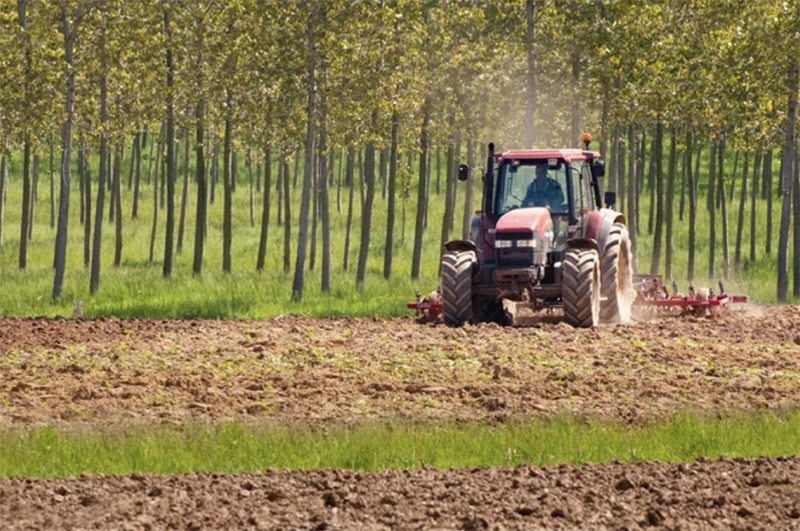In the Golden State, when one thinks of real estate, sprawling urban developments and beachside mansions often come to mind. However, California’s agricultural backbone remains a crucial and thriving aspect of its real estate market. Property Records of California has compiled an overview for those considering investing in farmlands, ranches, and more.
The Diversity of California’s Agricultural Land
California’s vast landscape ranges from the fertile Central Valley to the picturesque wine regions of Napa and Sonoma. This topographical diversity caters to both small-scale farmers and large agribusinesses alike. Whether you’re looking for a small plot for specialty crops or vast expanses for cattle and livestock, California offers it all.
Pricing Trends: From Small Plots to Big Ranches
The price of agricultural real estate varies considerably across California. Small plots, particularly those closer to urban centers, can demand higher prices due to their potential for development or specialty farming. In contrast, larger ranches, especially those geared toward cattle or horse property, can be more cost-effective on a per-acre basis but require a significant initial investment.
Horse Properties: More than Just Farmland
Equine enthusiasts will find California to be a paradise. The state boasts a wide array of horse properties, ranging from intimate stables to expansive equestrian estates. Given the state’s sunny climate and diverse terrain, it’s a prime location for both recreational riders and professional equestrian events.
Cattle and Livestock Ranches: A Staple in California’s Real Estate
Historically, cattle ranching has been a significant part of California’s agricultural scene. The vast pastures and rangelands, especially in the state’s interior, offer optimal conditions for cattle ranching. When purchasing such properties, it’s essential to consider the laws and regulations related to livestock management to ensure a smooth operation.
Legal Aspects: Laws, Fees, and Taxes
When diving into agricultural real estate in California, potential buyers must familiarize themselves with the state’s intricate laws. From water rights to livestock regulations, staying compliant is paramount.
The fees associated with purchasing agricultural land can vary. It’s always recommended to consult with professionals, like those at Property Records of California, to navigate the complexities of deeds, easements, and more.
Lastly, property taxes in California can be a significant consideration. While some agricultural properties might qualify for tax breaks or incentives, it’s crucial to get a clear picture of potential tax liabilities before finalizing any purchase.
In Conclusion
Agricultural real estate in California presents a world of opportunities, from small plots to expansive ranches. Whether you’re drawn to the allure of horse properties, the tradition of cattle ranching, or the potential of fertile farmland, understanding the market’s nuances is crucial. Property Records of California is here to guide you every step of the way, ensuring a seamless journey from search to purchase.





